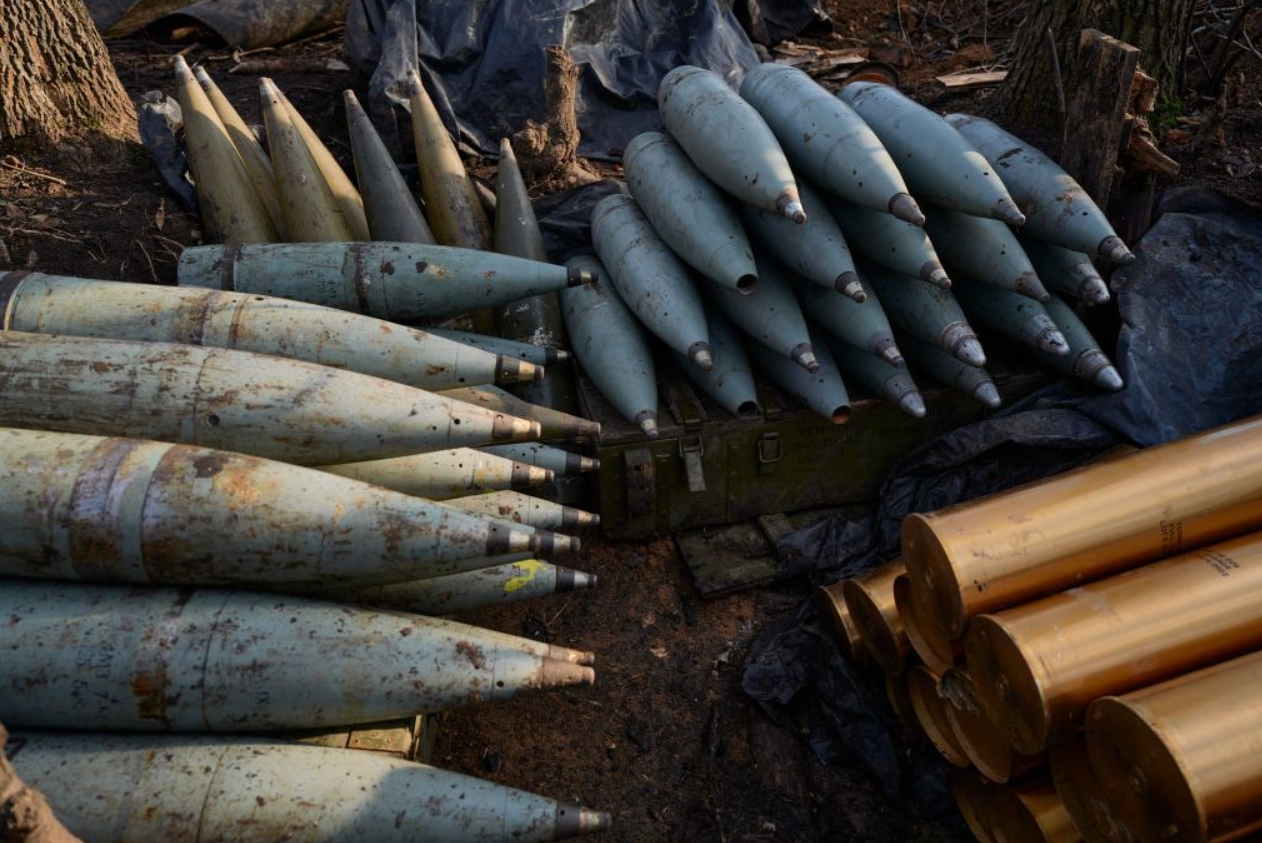Today, there are interesting updates from the Russian Federation. Here, the increasing number of warnings, which have evolved into outright open threats from Russia, has pushed the Kazakhstan government to take decisive steps towards establishing an alliance with Western countries.
From changing key trade partners to seeking new military alliances, Kazakhstan seems determined to ensure its stability in the case of any Russian escalation. Kazakhstan, long considered a critical strategic partner by Russia, is increasingly distancing itself from Moscow’s orbit, underscoring a wider fracturing of Russian alliances in Central Asia.
Russia’s interests in Kazakhstan run deep, with military bases such as the famed Baikonur Cosmodrome, a crucial facility for space launches. Kazakhstan’s geographic proximity to vital Russian military installations and its abundant natural resources, including energy and minerals, have traditionally made it strategically significant to Moscow.
Additionally, the considerable ethnic Russian population of approximately 20%, mostly concentrated near the Kazakh-Russian border, has periodically been leveraged by Russia as justification for exerting more influence or issuing veiled threats to maintain Kazakhstan’s pro-Russian alignment.
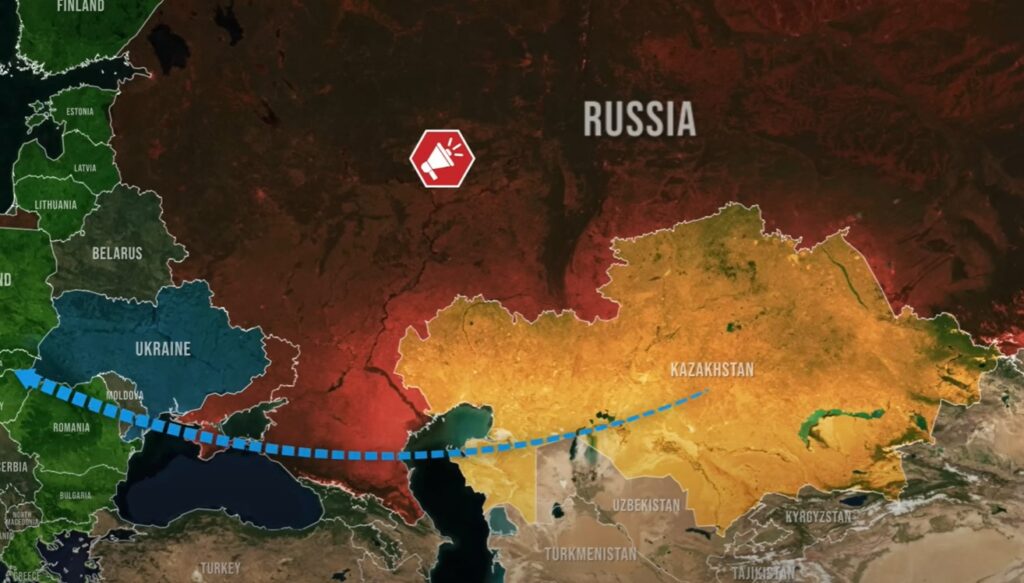
Kazakhstan drops pro-Russian defense chief
Russia used the same rhetoric to justify its war in Ukraine, which is causing considerable concern for the Kazakh government. President Vladimir Putin made comments about Kazakhstan’s territorial integrity, suggesting that regional borders were a product of Soviet-era decisions and mentioning that Kazakhstan’s current territorial makeup was not as historically valid as it might seem.
The recent dismissal of Kazakhstan’s pro-Russian defense minister, Ruslan Zhaksylykov, exemplifies a transition. Known for his overtly pro-Russian stance, he faced domestic criticism due to various scandals, including alleged corruption linked to military procurement, and controversial remarks during meetings with Russian Defense Minister Andrei Belousov, when he declared the Russians a brother people, echoing Kremlin narratives used in Ukraine.
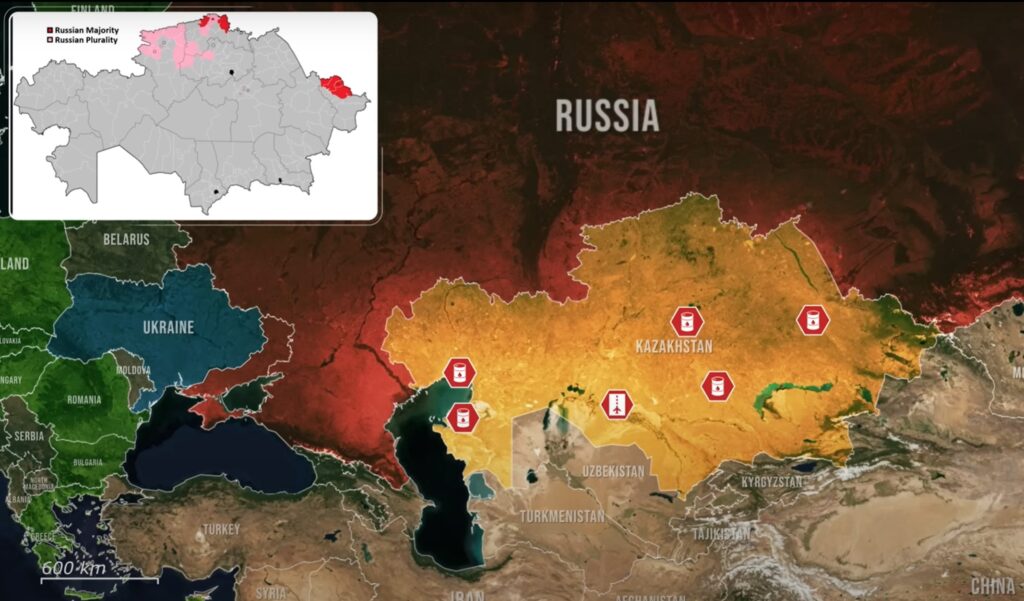
His replacement by Dauren Kosanov, former Commander of the Air Defense Forces, signals a significant policy shift. President Tokayev’s swift administrative moves underscore an accelerated shift toward adopting Western military standards, demonstrated further by the country’s increasingly frequent joint exercises with NATO nations such as Türkiye and recent agreements with the United Kingdom.
The signing of a defense cooperation agreement with the UK marks a significant step. It emphasizes peacekeeping training, English language education, and the enrollment of Kazakh officers in British military academies. Though framed as soft power, these steps mirror Britain’s long-term influence strategy in emerging defense partnerships.
Kazakhstan is also already participating in NATO-standard ammunition production projects, further cementing its defense pivot.
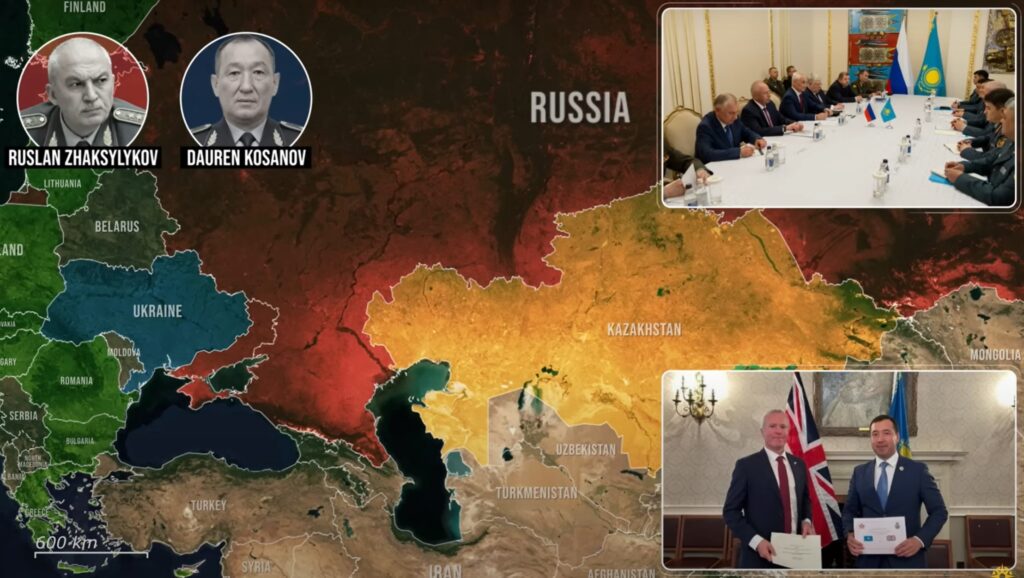
Kazakhstan cuts key war exports to Russia
Historically, Kazakhstan, alongside Uzbekistan, has supplied substantial quantities of cotton pulp used to produce nitrocellulose—critical in the manufacture of Russian explosives and gunpowder. These exports, though officially neutral, have supported Russia’s war industry.
Recent indicators, however, suggest Kazakhstan is cutting back these shipments and exploring Western-oriented military supply chains. If fully redirected toward NATO-aligned countries, the move would deal a serious blow to Russia’s ammunition production capability, especially as the Ukraine war drags on.
Russian analysts and political circles have expressed outrage, framing Kazakhstan’s realignment as a betrayal and warning of lost Russian dominance in Central Asian security affairs.
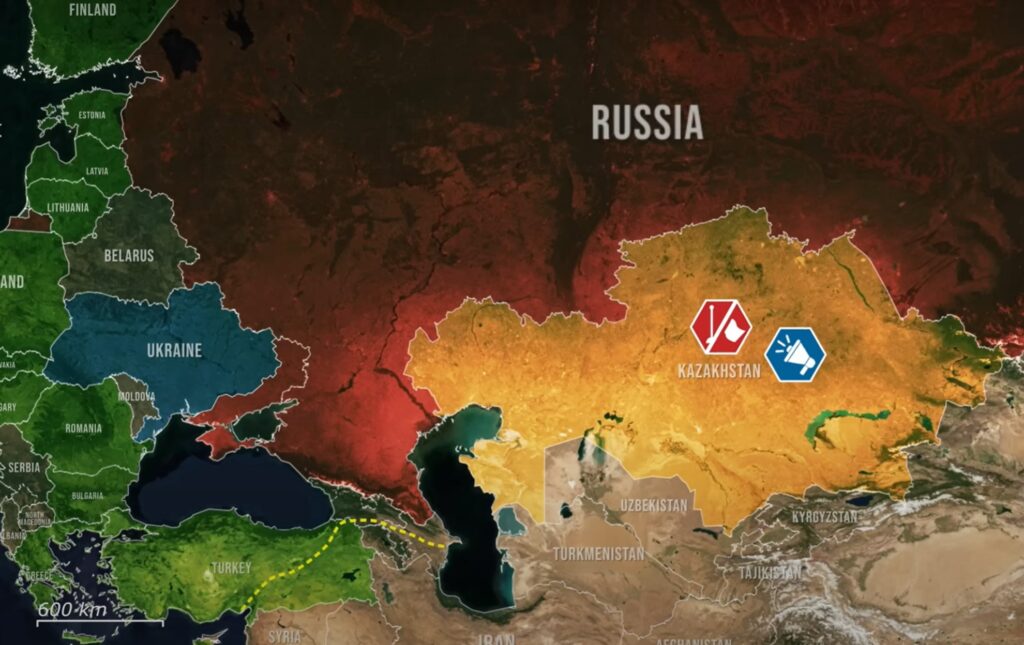
Kazakhstan deepens military ties with the West
Kazakhstan is not only turning militarily, but also economically and diplomatically toward Europe. Talks with the European Union about easing visa rules are ongoing, symbolizing Astana’s long-term intent to integrate more closely with Western institutions.
Meanwhile, Kazakhstan is working to free itself from energy dependence on Russia. The country is expanding use of the Baku-Tbilisi-Ceyhan pipeline to export oil via Türkiye to Europe. This bypass of Russian territory undermines Moscow’s regional leverage and opens Kazakhstan to broader markets.
Taken together, these moves show Kazakhstan responding decisively to rising threats—choosing independence, diversification, and closer ties to NATO and the EU over continued reliance on an increasingly aggressive neighbor.
In our regular frontline report, we pair up with the military blogger Reporting from Ukraine to keep you informed about what is happening on the battlefield in the Russo-Ukrainian war.




